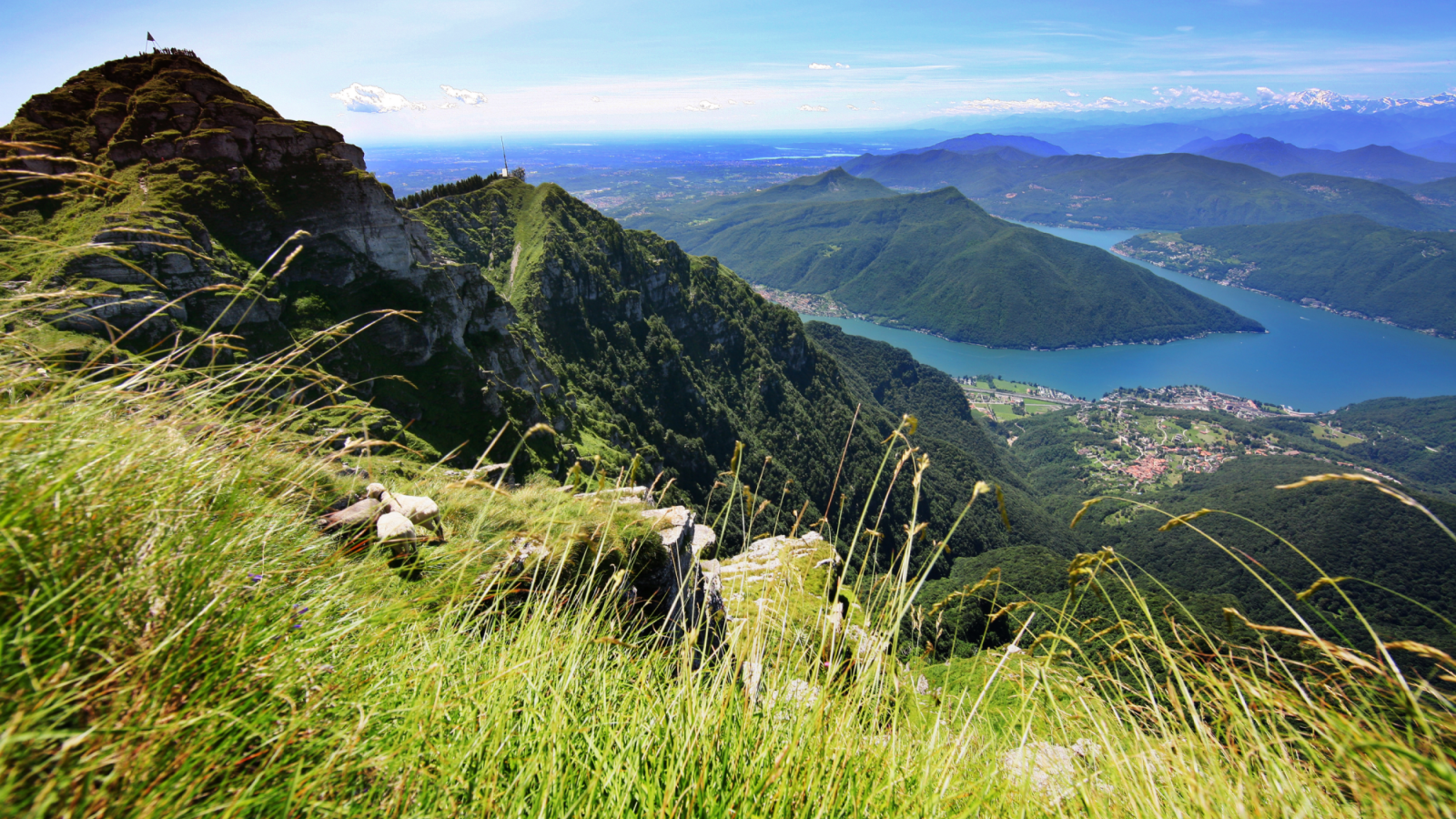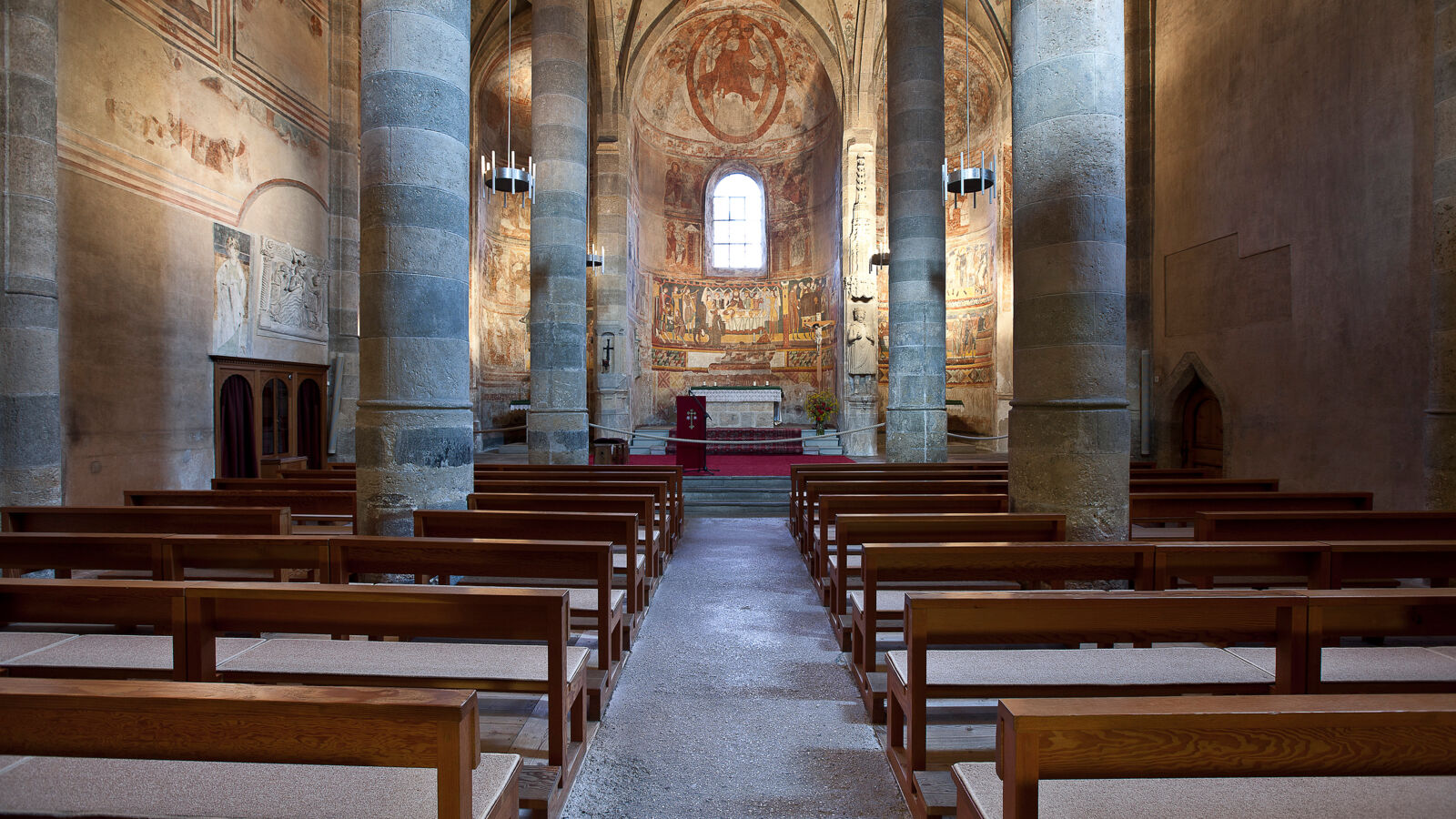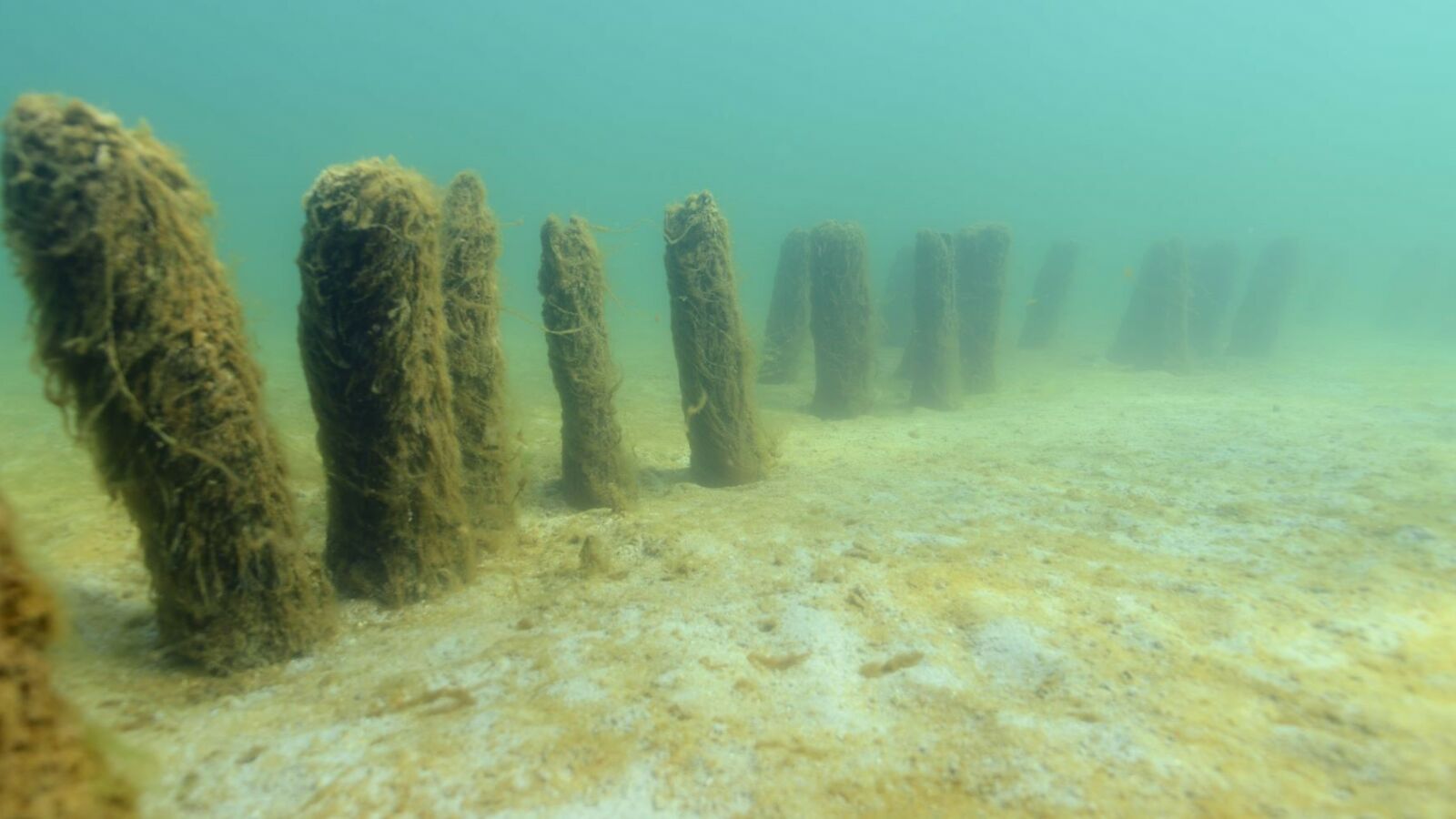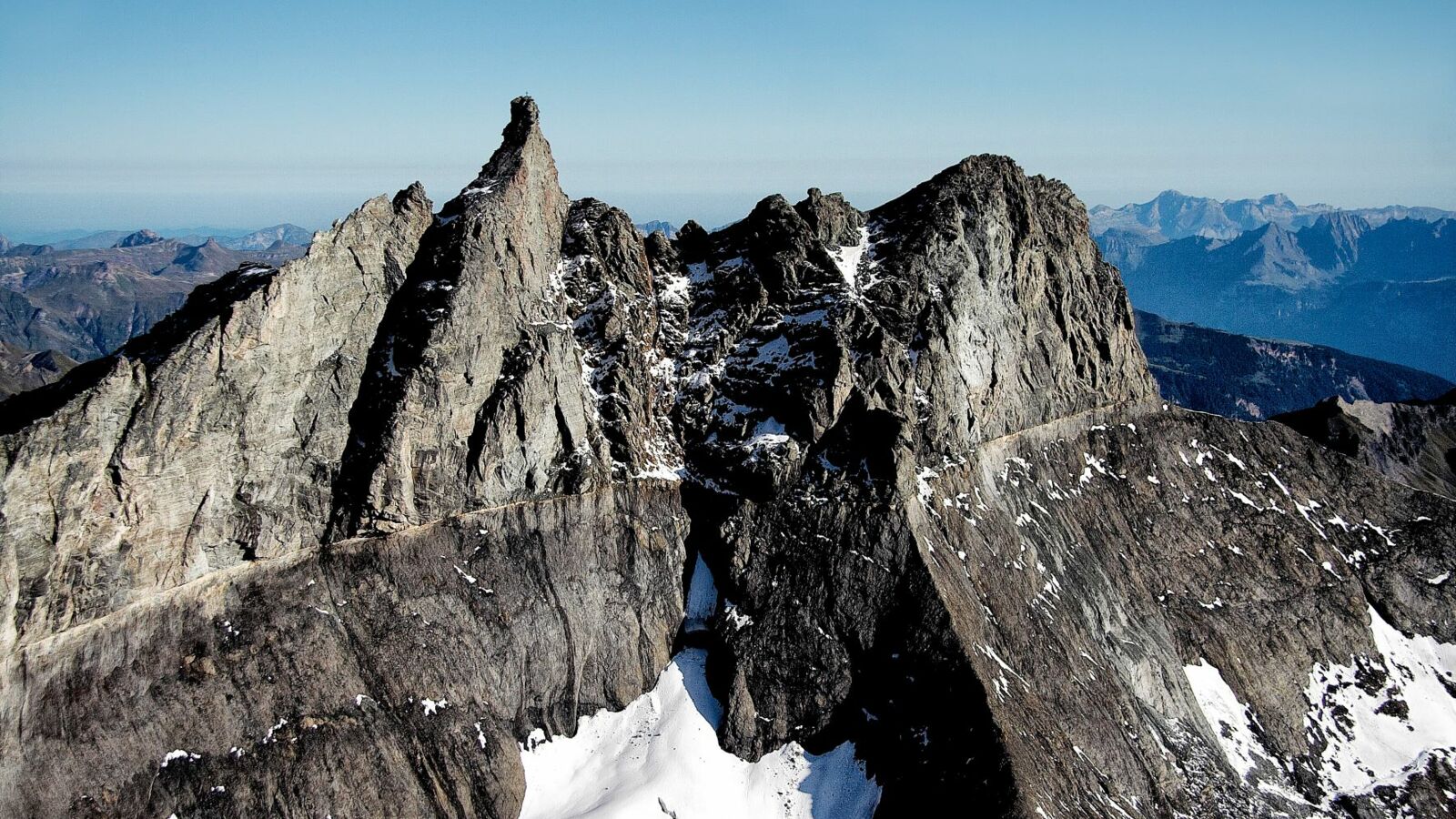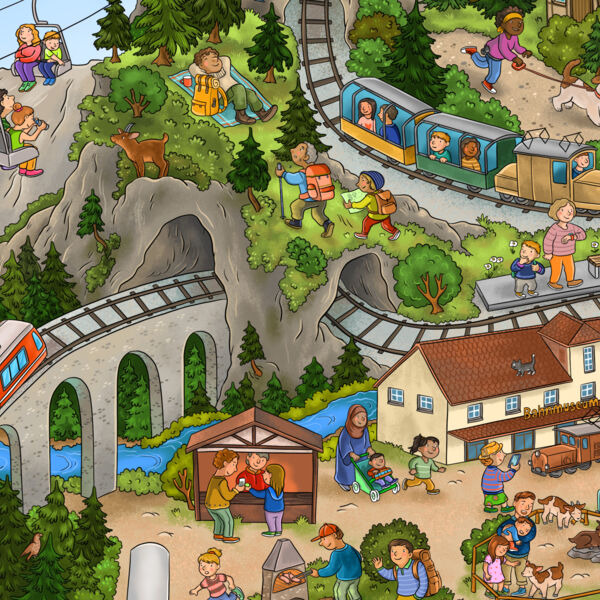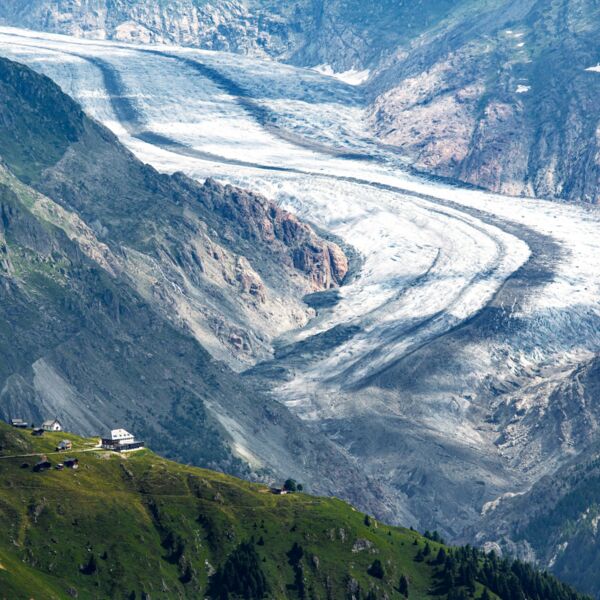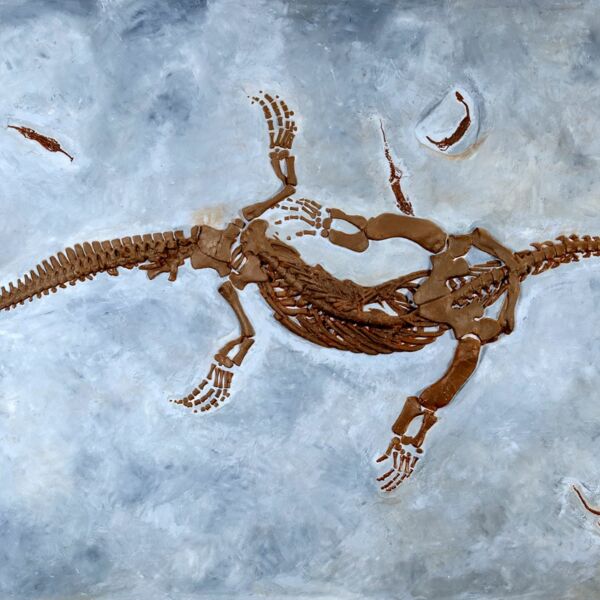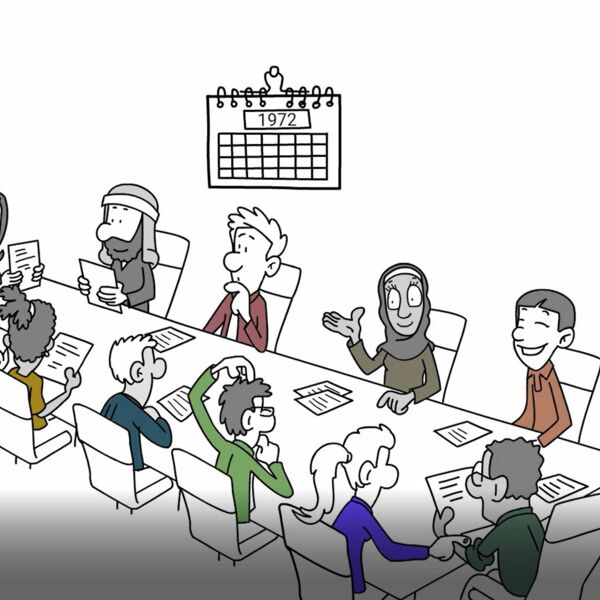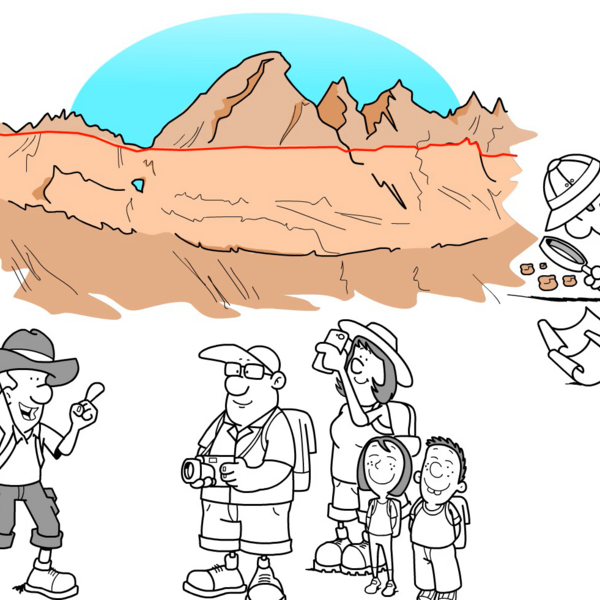Wertvolles Erbe
Manche Dinge sind so wertvoll, dass die ganze Menschheit darüber wachen muss: Kultur- und Naturgüter von aussergewöhnlichem universellem Wert. Die UNESCO hat die Aufgabe, solch ideelle Werte zu vertreten und zu schützen – zusammen mit uns allen.
Die UNESCO
Die Leitidee der UNESCO (United Nations Educational, Scientific and Cultural Organisation) lautet: «Da Kriege im Denken der Menschen entstehen, muss auch der Frieden im Geiste der Menschen verankert werden». Sie steht in der Präambel ihrer Verfassung. Als autonome Organisation innerhalb des Systems der Vereinten Nationen (UNO), trägt die UNESCO durch Förderung der Bildung, Wissenschaft, Kultur, Kommunikation und Information zur Wahrung des Friedens, zur Bekämpfung der Armut, zu nachhaltiger Entwicklung und zum interkulturellen Dialog bei. Die UNESCO ist ein weltweites Forum für intellektuelle Zusammenarbeit und für den Austausch von Informationen, Erfahrungen und Ideen.
Eine revolutionäre Idee: das Welterbe
Was die Natur in Jahrmillionen oder Jahrtausenden geschaffen, was die Menschheit in Jahrhunderten aufgebaut hat, soll bewahrt werden. Der Schutz und die Erhaltung dieser Schätze sollen in die Obhut der gesamten Menschheit gestellt werden – das ist die zentrale, revolutionäre Idee des Welterbes. Die Rettung der Tempel von Abu Simbel war die Geburtsstunde der UNESCO-Konvention von 1972, die sich dem Schutz des Kultur- und Naturerbes der Welt verpflichtet hat.
Mehr als tausend Stätten sind unterdessen auf der Welterbeliste verzeichnet, darunter 13 aus der Schweiz. Sie sind von aussergewöhnlichem universellem Wert, wie z.B. die Schweizer Alpen Jungfrau-Aletsch, La Chaux-de-Fonds / Le Locle und Stiftsbezirk St. Gallen.
